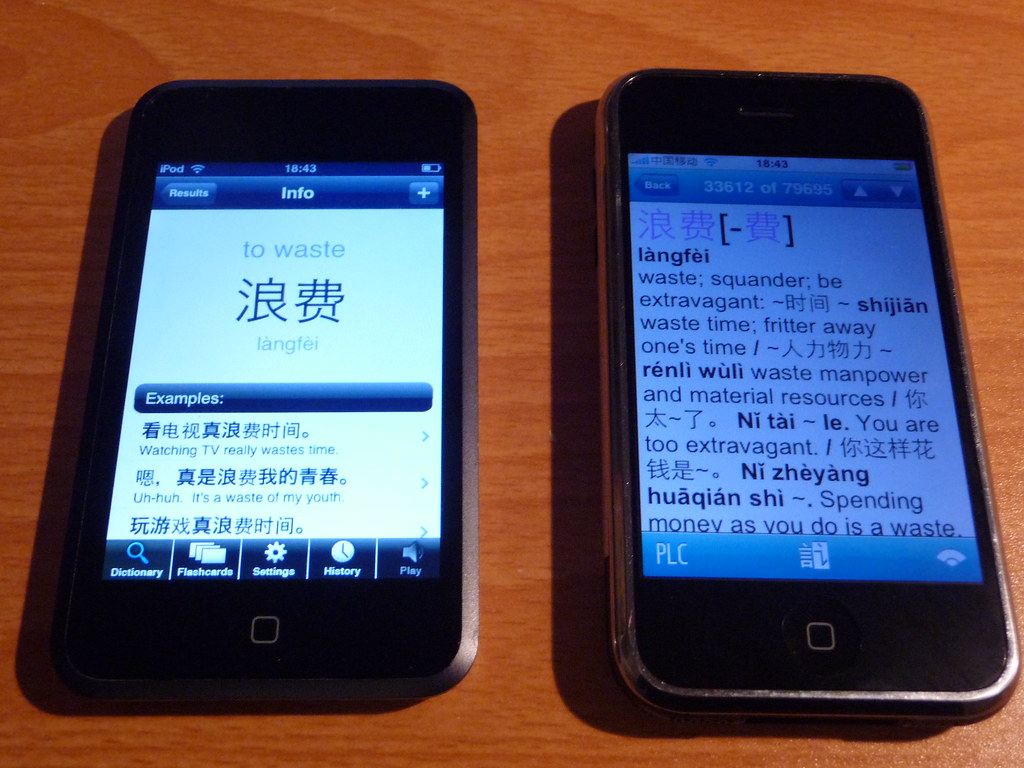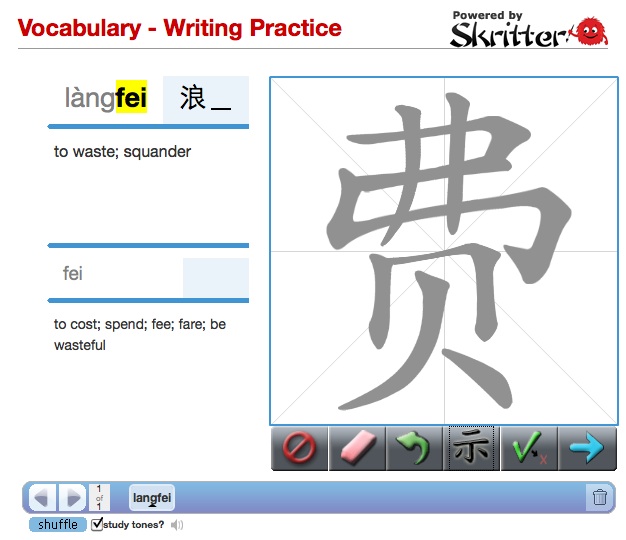 China’s national college entrance exam, the gaokao, is very important for the future of the test takers because the result may determine the rest of their lives. If you perform well during the two day exam you may be able to get into a top university, if you mess up you’ll end up at a lower school and your career chances will be greatly reduced. So if there are ways to increase your scores on this exam people will try to do so.
China’s national college entrance exam, the gaokao, is very important for the future of the test takers because the result may determine the rest of their lives. If you perform well during the two day exam you may be able to get into a top university, if you mess up you’ll end up at a lower school and your career chances will be greatly reduced. So if there are ways to increase your scores on this exam people will try to do so.
One way to get earn some extra points is by showing excellent athletic ability, for example by being a top marathon runner. In order to gain additional points you need to run a marathon within 2 hours and 34 minutes. That is extremely fast, and not only for high school students that hardly have enough time to study. To put the time into perspective for non-runners, with a time of 2:34 you would have won the Olympic Marathon in 1948!
Almost impossible to achieve and so it’s no surprise that some students try their luck with a different strategy: At the Xiamen marathon 3 weeks ago 30 participants among the fastest 100 runners were disqualified because of cheating! Some of them took a ride in vehicles in order to make the 2:34 time and some fast runners put more than one time chip on their shoes. The students not only all had their result canceled, but they now have to apologize or they will be banned from future marathons.
It makes me wonder whether a similar thing could have happened at the Shanghai marathon. There were a lot of points during the race where you could have run off the course and take a car for a couple of kilometers. The only way to prevent that is to put more chip recording mats on the route (the Shanghai marathon only had one at the start and finish and one at a turning point a few kilometers before the finish). A cheaper but less accurate way would be to put video cameras at certain points of the race to record all the runners passing by, which is one way how the Xiamen organization found out about the cheats.
By the way, in case you’ve never heard of the Xiamen marathon and assume it’s probably just a small marathon, that’s not the case. The race is actually one of the biggest marathons in the world with 50,000 participants (the New York Marathon ‘only’ has 38,000 runners). I did not run it yet because of its terrible timing: always right after New Year, this year on Jan. 2, and within just a few weeks of the Shanghai marathon. The course is supposed to be one of the most beautiful in the world, almost completely along the coastline, so I hope that one day I will be able to participate there as well. I promise I won’t cheat!











